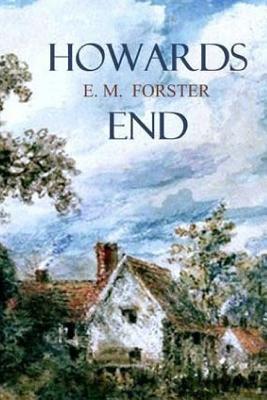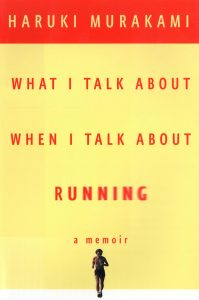Title: Howards End
Author: E.M. Forster
First published October 18, 1910
318 pages, Paperback
ISBN: 9781984295293 (ISBN10: 1984295292)
Rating: 3.96
Overview
A captivating tale of societal norms, relationships, and conduct in England during the turn-of-the-century. The protagonist, a woman of strong will and intelligence, faces the challenge of defying her husband’s family’s snobbishness to lead a fulfilling life.
E.M. Forster’s masterpiece, Howards End, is a timeless classic that will leave you spellbound.
About the Author
E.M. Forster was an accomplished author who wrote novels, essays, and short stories. His writing was known for its clever plots that explored class differences and hypocrisy in British society during the early 1900s.
Forster had a strong desire to understand and empathize with his fellow humans, as evidenced by the epigraph of his 1910 novel Howards End: “Only connect”.
During his lifetime, Forster had five novels published, with his most successful being A Passage to India in 1924. This novel examined the relationship between East and West, as seen through the lens of India during the later days of British rule.
Forster’s work often focused on personal connections and relationships, despite the societal restrictions of his time. He utilized symbolism in his writing, but was sometimes criticized for his attachment to mysticism.
In addition to Howards End and A Passage to India, Forster’s other notable works include Where Angels Fear to Tread (1905), The Longest Journey (1907), and A Room with a View (1908). His posthumously published novel, Maurice (1971), tells the story of a young gay man’s coming of age.
Editoral Review
E.M. Forster’s “Howards End” is a timeless classic that explores the complexities of relationships and class dynamics in early 20th century England. First published on October 18, 1910, this novel has stood the test of time and continues to captivate readers with its nuanced characters, evocative prose, and timeless themes.
Forster was a member of the Bloomsbury Group, a circle of intellectuals and artists in early 20th century London who were known for their bohemian lifestyles and progressive political views. As such, his writing is imbued with a deep sense of social consciousness and an unflinching critique of the class and gender hierarchies of his time.
In “Howards End,” he explores these themes through the relationships of three families belonging to different social classes. The novel’s plot centers around the relationships of Margaret and her siblings, who are members of the upper-middle class, with the Wilcoxes, a wealthy and conservative family, and the Basts, a struggling lower-middle class couple.
Through the lens of these characters, Forster examines the complex intersections of class, gender, and culture, revealing the ways in which these factors shape our personal relationships and affect our ability to connect with others. One of the novel’s greatest strengths is its richly textured characters, who are all beautifully rendered with nuance and complexity.
Margaret, in particular, is a formidable and sympathetic protagonist who defies expectations and transcends class boundaries through her intelligence, compassion, and sense of justice. Meanwhile, the Wilcoxes and the Basts are depicted with equal care and attention to detail, revealing the complexities of their respective struggles and identities.
Another notable feature of “Howards End” is the novel’s setting, which is evocatively rendered with lush descriptions and vivid details. From the manicured gardens of the Wilcox estate to the gritty streets of London, Forster captures the essence of early 20th century England with skill and sensitivity.
However, the novel is not without its flaws. Some readers may find the pacing slow in places, and the ending may prove unsatisfying for those looking for neat resolutions or dramatic twists.
Additionally, some of the novel’s themes and ideas may feel dated or out of touch with contemporary sensibilities. Despite these limitations, “Howards End” remains a must-read for anyone interested in the classics of English literature.
Forster’s writing is masterful, and his insights into the complexities of human relationships are as relevant today as they were over a century ago. Whether you’re a fan of historical fiction or contemporary literary fiction, “Howards End” is a novel that deserves to be read and appreciated.
Overall, I give “Howards End” a rating of 4.5/5 stars. The novel’s strengths far outweigh its weaknesses, and I would highly recommend it to any fan of English literature or anyone looking for a thought-provoking examination of class, culture, and gender in early 20th century England.



